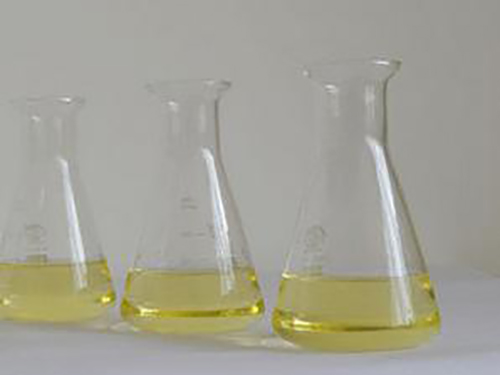Flocculation Agents in Water Treatment Processes and Their Impact on Efficiency
Flocculation An Overview of Flocculation Chemicals
Flocculation is a crucial process used in various industrial applications, particularly in water treatment, wastewater management, and the food industry. This process involves the aggregation of fine particles into a floc or flock, which can then be easily separated from the liquid phase. The effectiveness of flocculation largely depends on the use of appropriate flocculation chemicals, which are designed to facilitate this process.
Flocculation chemicals typically include flocculants, coagulants, and surfactants. Understanding each of these categories is essential for choosing the right chemical for specific applications.
Coagulants are chemicals that promote the agglomeration of particles in a liquid. They work by neutralizing the electrostatic charges that repel suspended particles, allowing them to come together to form larger aggregates or flocs. Common coagulants include aluminum sulfate (alum), ferric chloride, and polyaluminum chloride. These chemicals are vital in drinking water treatment, as they help in removing impurities such as suspended solids, colloids, and microorganisms.
Flocculants, on the other hand, are used after coagulants to enhance the formation of larger flocs and improve the settling process. They are typically high molecular weight polymers that increase the size of the agglomerates formed in the coagulation stage. Common flocculants include polyacrylamide and natural polysaccharides like xanthan gum and guar gum. These polymers bridge the gaps between particles, enhancing the floc's strength and stability, which is critical for efficient liquid-solid separation.
The selection of appropriate flocculation chemicals is influenced by several factors, including the type of particles, the nature of the water or wastewater being treated, and the desired characteristics of the floc. For instance, in municipal wastewater treatment plants, a combination of coagulants and flocculants is often employed to achieve optimal results. Similarly, the food industry uses flocculants in processes like juice clarification and beer brewing to enhance product quality.
flocculation chemicals

Environmental considerations are also paramount when choosing flocculation chemicals. Many traditional coagulants, such as aluminum sulfate, can lead to residual aluminum in treated water, raising concerns regarding long-term human health and ecological impacts. As a result, there is a growing interest in environmentally friendly alternatives, such as plant-based coagulants and flocculants, which have shown promising results in various applications.
In recent years, advancements in chemical technologies have led to the development of more efficient flocculation agents with improved performance characteristics. Innovations such as bioflocculants, derived from microbial sources, promise to offer sustainable solutions with lower environmental impacts. These natural alternatives not only perform well but also reduce the reliance on synthetic chemicals, aligning with the increasing global demand for greener processes.
Application Areas
Flocculation chemicals find applications beyond water treatment. In mining, they are used for the separation of valuable minerals from ore. In the paper industry, flocculants assist in the retention of fibers and fillers. The oil and gas industry utilizes flocculation in the treatment of produced water, enhancing the separation of oil and solids.
In conclusion, flocculation is an essential process across numerous industries, primarily reliant on effective flocculation chemicals. The choice of coagulants and flocculants can significantly impact the efficiency of particle aggregation and separation processes. With ongoing advancements and a shift towards sustainable alternatives, the future of flocculation chemicals looks promising, paving the way for enhanced efficiency, environmental responsibility, and improved product quality across multiple sectors.
-
Pbtc Scale InhibitorPBTC: A Scale Protector for Industrial Water TreatmentNewsAug.05,2025
-
Organic Phosphonate: An Efficient Defender in the Field of Scale InhibitionNewsAug.05,2025
-
Hydrolyzed Polymaleic Anhydride: Green Pioneer in Scale Inhibition FieldNewsAug.05,2025
-
PAPEMP Polyamino Polyether Methylene Phosphonic Acid For SaleNewsAug.05,2025
-
Flocculant Water Treatment: A Pioneer in Purification in the Field of Water TreatmentNewsAug.05,2025
-
Benzyl Isothiazolinone: An Efficient and Broad-Spectrum Antibacterial Protective GuardNewsAug.05,2025





